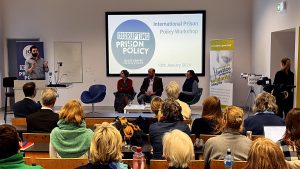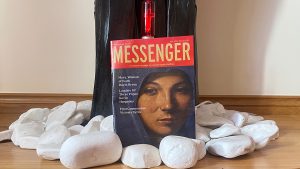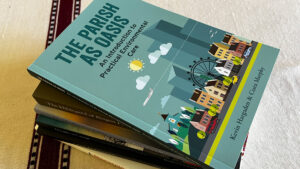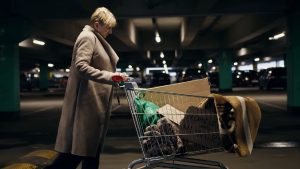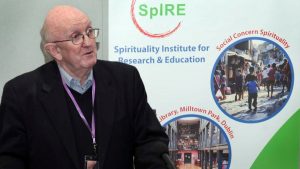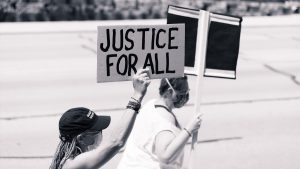Rehabilitation: An Act of Hope

“How did a Presbyterian from Ballymena, the Bible Belt of Northern Ireland, end up in a private audience with the Pope?” That question is answered in just one of a number of articles in the latest edition of Working Notes, the journal of the Jesuit Centre for Faith and Justice » The publication seeks to analyse Irish society from an economic, social, and theological perspective.
“It is quite a journey. It is my journey. I am so thankful for that journey, everywhere God has led me, everything God has taught me, all that I have experienced, got wrong, confessed…”Steve Stockman, the author of this particular article » continues. He is speaking to the theme of ‘Rehabilitation: Centrality of Relationship’ which runs through all the submissions in this Spring edition of the journal.
“Rehabilitation, in the sense of returning something to its intended purpose or aim is a creative act,” explains Keith Adams, Penal Policy Advocate with the JCFJ » in his editorial. But he goes on to note that in many ways, rehabilitation differs from the act of creating something from scratch. Although, like creation, it requires a vision or imagination for the environment or person to be restored, it may not require what is crucial to rehabilitation namely “The centrality of relationship, interconnectedness, and story.”
So all of the essays in this edition of Working Notes consider the role of rehabilitation and suggest that central to it is the presence of relationship, according to Adams. They address a wide range of rehabilitative acts present in Irish society, concerning the individual, society, and our natural environment.
There are also two ‘firsts’ in this edition of Working Notes, a journal established almost forty years ago in 1987. One is the article referenced above, “A deeply personal theological essay about a journey towards peacemaking and reconciliation.” The second is an essay on the practice of probationers » in the prison welfare system. It is impossible to reflect on the rehabilitation of ‘offenders’ without considering probation says, Keith Adams.
The editorial concludes, ” …these insightful essays, taken as a whole illustrate that rehabilitation is an act of hope. It says that no person should be disregarded, that relationships in a post-conflict region can be restored, and that our built and natural environments can be rehabilitated in ways that are just, and create spaces in which both humans and biodiversity can thrive. This should encourage us all to view our worlds a little differently, and to move forward with a renewed hope for the future.” To download the full editorial click here »


